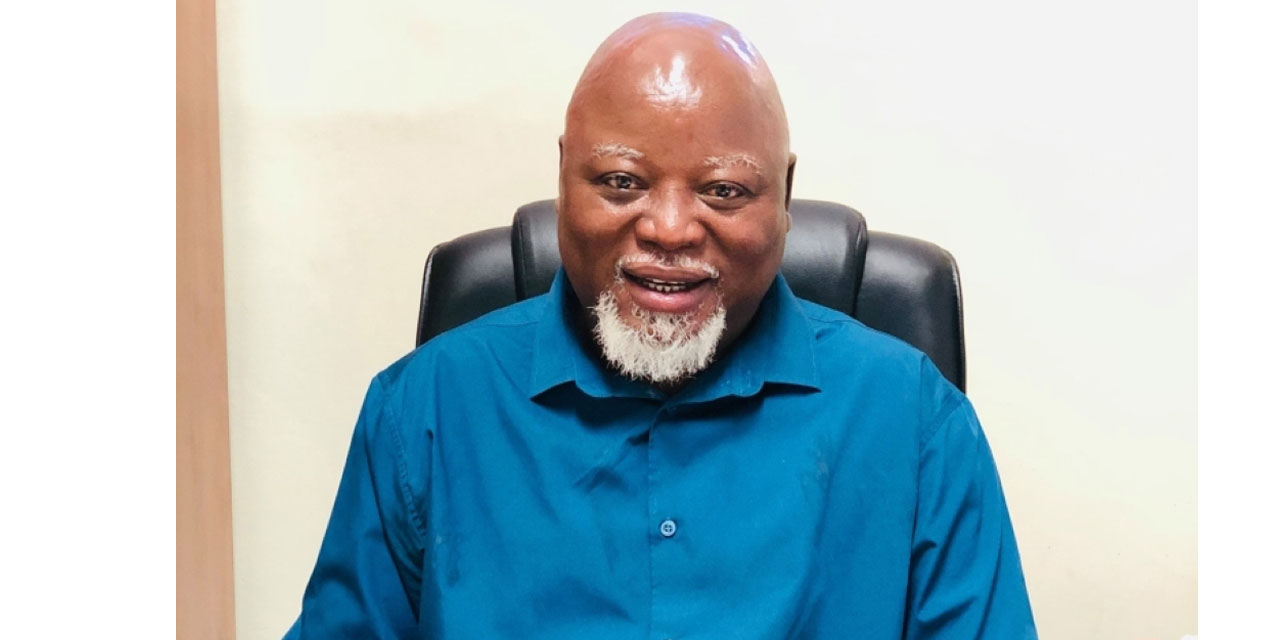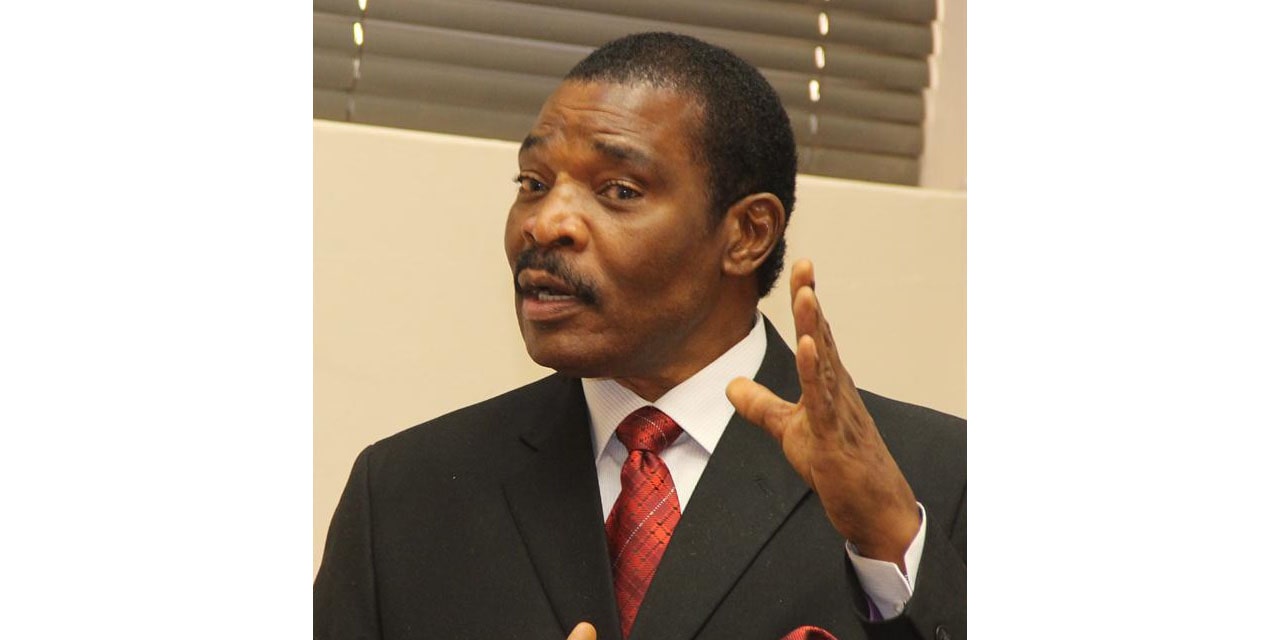Kae Matundu-Tjiparuro
What are Namibia’s economic priorities, especially as far as it relates to the owners of her natural resources who in the past did not only benefit from them but were also dispossessed of them and alienated from the?
This question is utmost pertinent in view of the seeming lack of transformation in Namibia. Not only in view of this only but also cognisant of the overzealous search for investors.
Whose investing in Namibia seems to be tilted more in their own interest then in the best interest of the country in terms of the benefits from the investments and subsequent economic growth hey are expected to stimulate going towards the economic upliftment of the impoverished masses of Namibian. Masses, who 34 years after 34 years of freedom and independence, are still heavily and deeply entrapped in economic poverty and misery.
Which during the 34 years independence have been showing little to zero signs of abetting.
But with the capitalists system, inherited from colonialism, having been entrenched instead of being phased out for a better production system which does not allow for the continued pillaging of the county’s natural resources against the best interest of the country, especially the masses, including the workers.
Indeed this is the Namibian conundrum, one a few politician and would-be pathfinders would dare to admit. What the best development trajectory for Namibia is. One that would, if only in the interim short period, start to arrest the grinding poverty and misery hallmarked by inequality, which is a factor of the capitalist mode of production that the country seems to have embraced.
Permanently so, it seems instead as an intermediate situation to be phased out with time and ultimately completely done away with. Because this very system have been tried and tested and proven that it cannot and shall never be in the best interest of the masses, including the workers.
Not even now that some of the former leaders of the Namibian revolution are believing that they are in charge of this system, which is just an illusion and imagination as they are not and shall never be given their blatant aversion to change, fueled by their ill-disposition to any transformational ideology, whatever it may be.
Comfortable with the very status quo that yesterday during colonialism in the days of the liberation struggle, hailed as the enemy of the people which cannot be reformed but must be torn asunder.
Today, the few from this epoch appear no more and better than just political puppets of those who are in effectively in charge of it, the capitalists investors.
For the capitalists would never ever allow them anywhere closer to being investors but perpetual aspirant investors, which in essence is just about preparing the ground for the investors themselves to come and pillage and plunder their country’s natural resources.
That is why one cannot expect any real economic change given the status quo of the continuing entrenchment of capitalism with the capitalists themselves, the investors, still firmly in charge, directly by steering their investment companies/corporations themselves, and indirectly through their proxies, one such proxy being the politicians who have been claiming that they are working in the interest of the people or making the people believe that they are their representatives and servants.
While truly speaking they are the representatives and pawns of capitalism and the mother countries of capitalism, the former colonising countries.
Yours Truly Ideologically dares anyone to show and single out from the current crop of politicians and parliamentarians, any one who is a different chip from the old capitalist block, or anyone with if only a ting of a different ideological inclination other than the status quo. And what is the status quo? Capitalism without any pretense, apology and excuse let alone impunity for wholesaling the country’s natural resources to the so-called investors.
Of course this is not to say that Yours Truly Ideologically is not aware and appreciative of the challenges as those in the sector would maintain and claim. Nor can the challenges be imagined. Some are indeed imagined and offered more so as an apology for the coni9ntuation of the status.
Because it is hard to believe that some of the indigenes may not have developed a vested interest in the status quo. Hence their aversion to any hint at transformation for such would threaten their imagined interest, being serving the investors for what accrues more to themselves personally and not the whole country.
It is not only instructive but really re-awakening and a matter of grave concern that the best practices being offered by the various stakeholders in the minerals extraction and mining sector have of essence not the preservation of the country’s resources but the perfection of exploitation with little if zero emphasis on the country keeping a significant stake in the exploitation of her natural resources.
Even to the point of the government effectively directly owning such minerals. A situation which has been compounded and complicated by the ambivalence of the highest office in the land, the Presidency. Whose different incumbents have expressed different opinions as to whom the natural resources of the country belong to.
With one categorical that it does not belong to her as legally it may belong to investors and another, an aspirant in this case, clear that indeed the resources belong to the country. “While Namibia is endowed with lots of mineral resources such as gold, diamonds and copper of high purity, the government is not the direct owner of mines,” maintains as a fact independent mining consultant, Zenzi Awases.
“There was nothing wrong with the government owning mines as this would generate more revenue to fund public services and create jobs,” opines she in a recent article in a recent supplement spotlighting the mining sector.
One is sure this is an opini9on bound to send shivers in the spines of many a would-be investors and their proxies. For it would be interpreted as smacking of nationalisation. But if nationalisation is what is in the best interest of the country and her people what’s wrong with it? Ad does it it mean anything in the best interest of the country and her people is necessarily against te best interest of investors?




